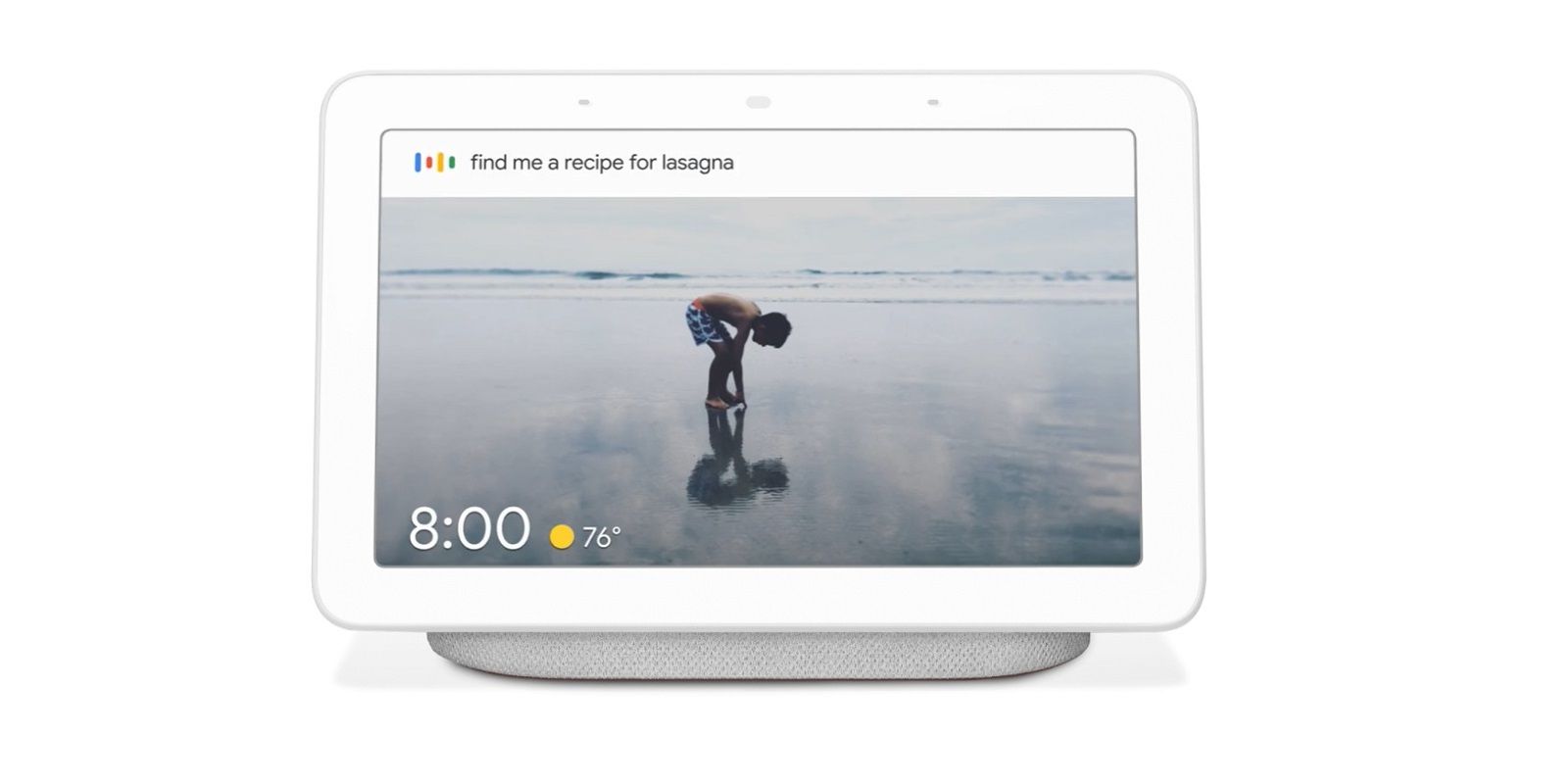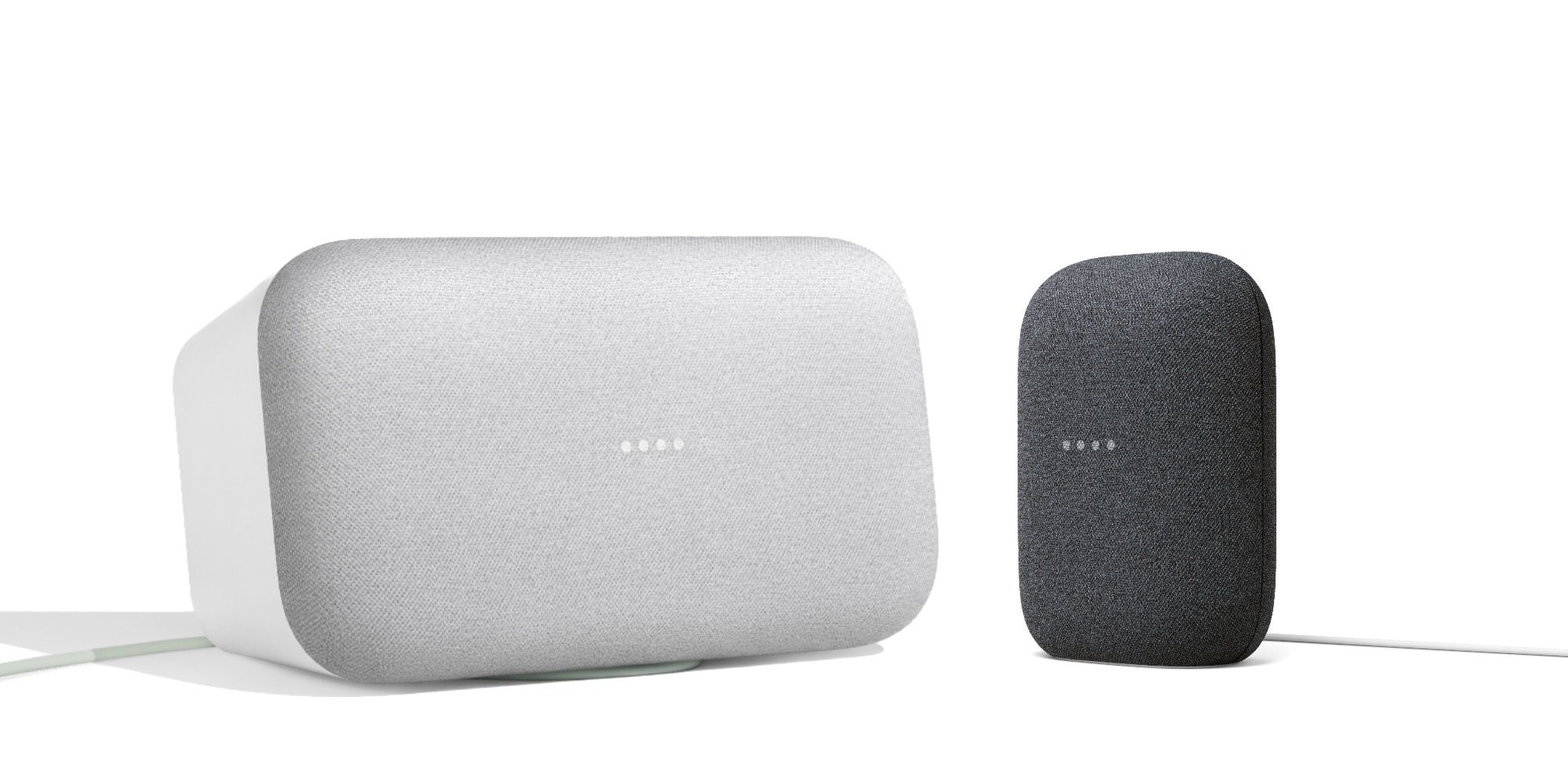
Owners of Google smart displays may soon be able to activate Google Assistant without having to use common wake words like "Hey Google" or "OK Google." While these smart devices have become favorites in households across the country, they are limited to being activated by specific wake words. However, if new reports are to be believed, Google may be about to change that.
Google's competitor in the smart assistant environment, Amazon, has employed different words to activate the Alexa voice assistant. These include "Alexa," "Computer," or "Amazon." Google, meanwhile, has mainly relied on using wake commands that involve the word "Google." But what if there was a way to use Google's smart displays without a wake word or phrase?
According to a report from Android Central, leaked internal firmware of the Nest Hub Max suggests that Google is working on a feature that will offer the ability to activate Google Assistant on a smart display without a wake word. The leak, which stems from a video posted by Jan Boromeusz to YouTube, seems to show a Google Nest Hub Max displaying Google Assistant as soon as a person walks into a room. From the report and leak, it seems that the unconfirmed feature may be using ultrasound sensing technology built into the Nest Hub to determine when a person enters the area.

There are several benefits that not having to use a wake word with Google's smart displays offer. For one, it can create a more natural experience with a voice assistant like Google Assistant. Instead of a series of commands and responses, interaction with these smart displays can act more like a conversation between two parties, where a user can freely talk to a smart display and in return have it answer effortlessly. However, there are also some potential drawbacks. It is not yet clear how these Google smart displays will be able to distinguish commands from users and actual dialogue meant for other people in a room. In theory, if this issue isn't addressed, it could create confusing situations where a Google smart display tries to respond to a statement that wasn't meant for it.
Even before this feature becomes official, there's definitely valid concerns. Maybe Google has implemented technology that would allow smart displays to only respond when it's clear they are being given a command. Or, maybe the elimination of Google's wake word will only create more headaches for users. Until Google officially announces and explains how the new feature works, it's hard to say exactly how useful this intriguing smart display feature will be.
Source: Jan Boromeusz/YouTube, Android Central
from ScreenRant - Feed https://ift.tt/37z62lE
 Reviewed by Riyad
on
October 22, 2020
Rating:
Reviewed by Riyad
on
October 22, 2020
Rating:

No comments: